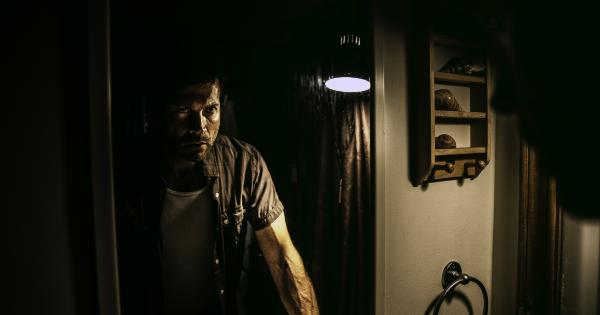Schizophrenia is a mental disorder that has baffled medical professionals, scientists, and researchers for decades. It is characterized by a range of symptoms that include hallucinations, delusions, disorganized thinking, and abnormal behavior.
Despite its debilitating nature and devastating impact on people’s lives, schizophrenia has been the focus of a great deal of research in recent years. One of the most fascinating areas of study is the link between schizophrenia and remarkable creativity.
How Does Schizophrenia Affect the Brain?
Experts believe that schizophrenia is caused by a combination of genetic and environmental factors. It is believed that certain risk factors can increase a person’s likelihood of developing the disorder.
These may include a family history of schizophrenia, exposure to viruses before birth, and a history of drug or alcohol abuse. In people with schizophrenia, brain scans have revealed structural differences in certain areas of the brain, including the prefrontal cortex and the hippocampus.
The prefrontal cortex is responsible for decision-making, planning, and other executive functions, while the hippocampus is involved in memory and learning.
People with schizophrenia also tend to have lower levels of certain neurotransmitters, such as dopamine and serotonin, which are involved in regulating mood and cognition.
The Link Between Schizophrenia and Creativity
It has long been recognized that there is a strong correlation between schizophrenia and creativity. Many famous artists, musicians, and writers are said to have suffered from the disorder.
Vincent Van Gogh, for instance, is believed to have had symptoms of schizophrenia, and is known for his visionary art that included swirling and vibrant colors.
Researchers have suggested that there may be a connection between the disordered thinking and perceptual experiences of people with schizophrenia and their ability to think outside the box and come up with creative and novel ideas.
Some experts believe that the same mechanisms that produce delusions and hallucinations in people with schizophrenia may also give rise to extraordinary creativity.
The Role of Dopamine in Schizophrenia and Creativity
Dopamine is a neurotransmitter that plays a key role in regulating reward and motivation. It is also involved in the regulation of movement and attention. People with schizophrenia tend to have higher levels of dopamine than people without the disorder.
This has led some researchers to suggest that abnormal dopamine regulation may be responsible for the development of both schizophrenia and creativity.
Studies have found that people who score high on measures of creativity tend to have more flexible and less inhibited thinking processes. This may be due to differences in the way that dopamine is used in the brains of creative people.
Some research has suggested that people who are prone to psychosis, such as those with schizophrenia, may have a greater capacity for generating novel and creative ideas because of these differences in dopamine function.
The Link Between Psychosis and Insight
One of the hallmarks of schizophrenia is the presence of psychotic symptoms, including delusions and hallucinations.
However, research has also shown that people with schizophrenia tend to have greater insight into their own conditions than people without the disorder. This paradoxical relationship between psychosis and insight has been the subject of much research and debate.
Some experts believe that the same cognitive processes that give rise to delusions and hallucinations in people with schizophrenia may also enable them to recognize the disordered thinking and perceptual experiences that are associated with their symptoms. This self-awareness may be a key factor in the development of insight and the ability to reflect on one’s own thoughts and experiences.
The Impact of Schizophrenia on Creativity
Despite the many benefits associated with the link between schizophrenia and creativity, the disorder can also cause significant challenges.
The symptoms of schizophrenia can interfere with a person’s ability to work, socialize, and communicate effectively. This can make it difficult for people with schizophrenia to pursue their creative interests and take advantage of their unique talents and abilities.
Furthermore, the stigma and misconceptions surrounding schizophrenia can make it difficult for people with the disorder to get the support and recognition they deserve for their creative contributions.
This is especially true in the art world, where many people with schizophrenia have struggled to gain recognition or have been dismissed as “crazy” or “unstable.”.
The Future of Schizophrenia Research
Despite the many challenges associated with schizophrenia, ongoing research is beginning to shed new light on the disorder and its link to creativity.
Advances in brain imaging technology and genetic research are allowing scientists to better understand the underlying mechanisms that give rise to schizophrenia and its symptoms. This knowledge may one day lead to new treatments that can help people with the disorder to live more fulfilling and productive lives.
In the meantime, it is important for all of us to recognize and appreciate the remarkable talents and contributions of people with schizophrenia.
By breaking down the barriers that prevent people with schizophrenia from pursuing their creative passions, we can work to create a more diverse, inclusive, and understanding society.































